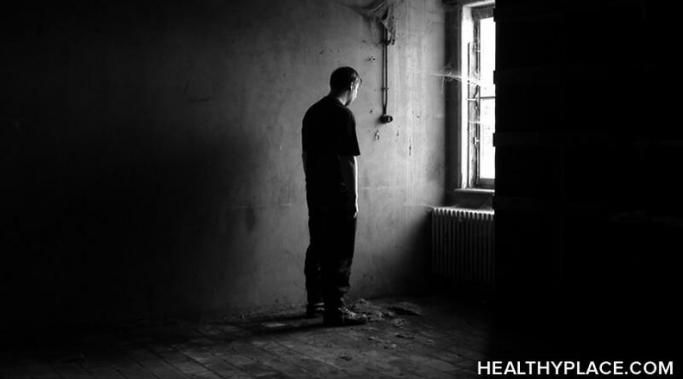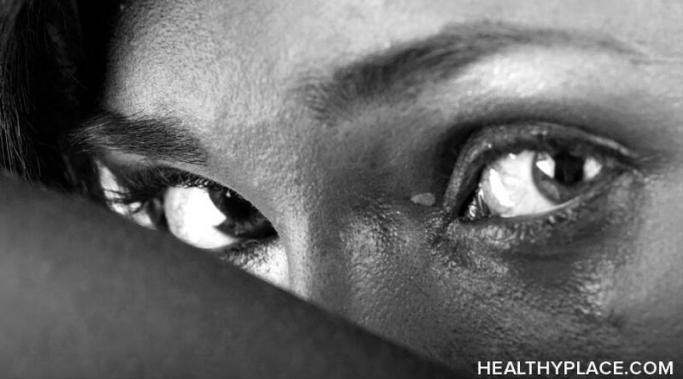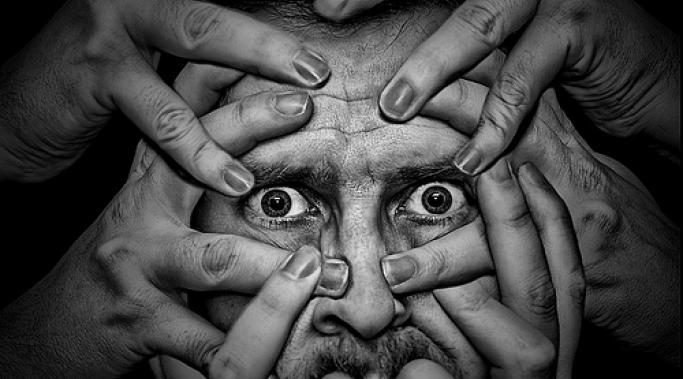Blogs
Last week, I shared with you some of my tips for managing eating disorder triggers when attending social events. This week, I’d like to continue by discussing eating disorder triggers related to food anxiety and how to avoid and cope.
Bipolar and school or university! For some, it can be like oil and water; they just don't mix.
School and university is, without a doubt, an incredibly stressful thing for adolescents and young adults to live through. There are exams and deadlines, papers and presentations, early mornings and all-nighters. These years can be especially tough for those living with bipolar disorder. The stress of school can not only trigger urges to use drugs and alcohol, but it can also trigger other things such as the urge to self-injure and to over-work oneself, which can sometimes lead to severe depression or mania, hospitalizations, and even suicide.
It is terrifying to talk about your self-harm if you are having difficulty coming to terms with it yourself. It is even scarier to talk to loved ones about your self-harm issues because it can be just as scary for them too. Not many people understand why self-injurers do what they do and where the need to cut or burn drives from. Sometimes, even the self-harmer doesn't know why or how they started to do what they do. Distraction? Accident? Boredom? No matter what the trigger was and how it started, self-injury becomes an addiction and it can be terrifying to try to make others understand it.
'I need mental health help.'
When you are suffering from a mental illness, these are often the three most difficult words to say. But the real question is 'why?'
When you have chronic depression, a depressive episode can rear its ugly head unexpectedly. You’re just going through your days, living your life, managing your depression as best you can and then . . . you feel the decline. This happened to me this week, surprising me because I had just survived a brief dip in my mood in early May. I wasn’t expecting this depressive episode so soon after the last.
First I need to clarify something. There are no domestic abuse victims reading this post. I know that because if you are an abuse victim, you're online researching troubled relationships and self-help information aimed at fixing a frazzled marriage. You certainly are not searching for information about any "abuse victim". In my mind, abuse victims do not know they are abuse victims. Abuse victims truly do not recognize the abuse as abuse.
If you know and admit that you're in an abusive relationship, then you are no longer a victim. You are a survivor of domestic abuse. Only survivors read this blog, pure and simple. That said, you may wonder why I am writing an article for an abuse victim who will never read it. Because I want to remind you, the survivor, just how far you've come in your efforts to end abuse in your life.
There are not always obvious signs of self-harm. Many people are quiet about it – which is understandable since it is a personal addiction. Because there is not a “Self-Harmers Table” in the cafeteria or a “Self-Harmers Staff Room” at work, it tends to be tough to recognize who is doing what.
However, sometimes it is too obvious to ignore.
When I used to cut, I hid my marks behind leather bracelets and watches. I’d put foundation on my scars and fresh wounds and made sure I had some with me at all times. I did everything in my power to make it so I looked like the typical, happy teenager.
Inside, I was screaming.
OK. First, I am not insinuating that those of us living with a mental illness are crazy. Usually, we are not. What I am stating, is that too often it is assumed we are crazy. People hear the words "mentally ill" and sometimes they instinctively picture things like: homelessness, drooling, talking at inappropriate times or not talking at all, dirty bathrobes, dark hospital corridors and a trembling body.
Reflection
I try to do this often. Reflection is important because it allows me to step back and see what's really there. Taking time to think about To think about what Bob has been through the last year or even the last few years. Bob is a trooper, but then I have been, too.
I came across this quote by Garrison Kriellor who wrote: "Nothing you do for children is ever wasted. They seem not to notice us, hovering, averting our eyes, and they seldom offer thanks, but what we do for them is never wasted."
When you disconnect from your truth, your wants and desires, the things you know are good for you, then you aren't showing up for yourself, and that decreases your self-esteem. Saying "no" to your workout, pressing the snooze button, or putting up with a difficult boss, are small and yet significant ways one doesn't show up. Bigger circumstances can be staying in a dead-end job, a bad relationship, or avoiding your intuition. Ask yourself, what does the kid inside you deserve? That little 6-year old who wanted to be an astronaut, president or teacher, would you show up for him or her?






